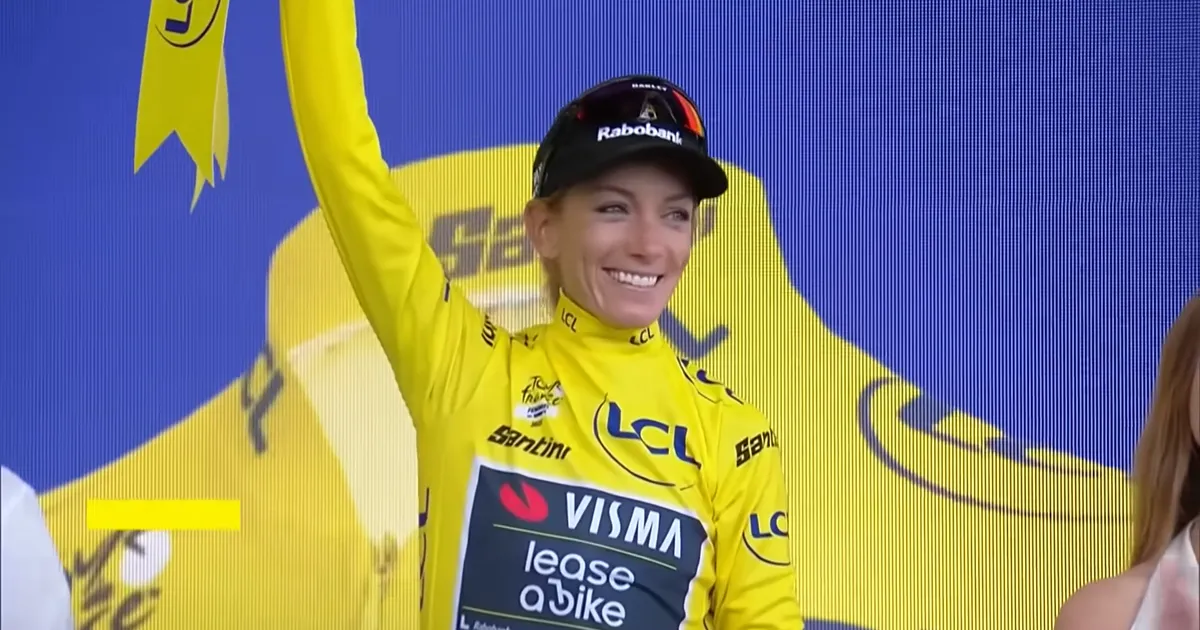Ferrand-Prévot also pushed back against the idea she had
restricted herself excessively.
“But I didn’t
before the Tour either. Not because I was afraid, but because I didn’t think
about it. I didn’t do anything crazy. I didn’t want to have stomach problems
either; I just ate what I wanted.” Since the Tour, she has relaxed her
diet: “I think I’ve gained a bit of weight since then, because I didn’t
really pay attention to my diet. I had pizza once. But I eat all sorts of
things and I enjoy it. That’s the most important thing.”
She emphasized that the process was a team effort. “She
works with everything we have at our disposal,” said head coach Jacco
Verhaeren. “She’s being guided very professionally. As an older,
professional athlete, she has experience in optimally preparing for a top
performance. We had to find a middle ground there, and we did.”
Verhaeren stressed that the weight management program was
well-managed: “Everything is monitored, everything is considered, and
everything is transparent. So we had no concerns. Weight is just one aspect;
it’s also about fitness, strength, and teamwork.”
He acknowledged that weight is an ongoing conversation in
elite sport, “We all have weight issues in sports, but with this team,
we’re paying 100% attention to it. It wasn’t too much or too little; it was
just right.”
The debate has spread beyond Ferrand-Prévot’s camp. Tour
runner-up Demi Vollering reflected on her own experiences, saying, “Now
that I’ve had a few days to put things into perspective, here’s my personal
opinion on the ‘weight topic’. After the Tour, around 80% of the questions I
received in the final press conference were about my weight. Whether I planned
to lose more. Whether that would be the way to win the Tour de France again.
Whether that was the key to performance in the future.”
Vollering stressed her approach to health over numbers,
“I get it, this is sport. People are enthusiastic and have opinions. But
let me be clear: I make, and will continue to make, every decision in my career
by putting my health first. Always. The truth is: I’m not built to be the
lightest rider in the peloton. And I don’t want to force my body to become
something it’s not.”
Former Vuelta champion Chris Horner, meanwhile, took a more
performance-driven view. “You’re a professional cyclist. Weight is always going
to be a factor,” he said. “If you’re not going to have watts per kilo better
than the rider next to you, then you better have tactics better than the rider
next to you. Otherwise, you have zero chance of winning.”

